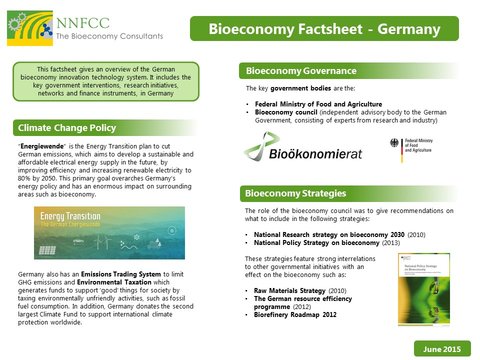The factsheet was produced through the Climate-KIC Biohorizons and the Interreg IVB NWE Bio Base NWE projects.
BioHorizons
The Climate-KIC Biohorizons project was led by Dr Edward Hodgson, Aberystwyth University, UK and co-ordinated by NNFCC, UK. Project partners were Imperial College, UK, South Pole Carbon Ltd. Switzerland; University of Valencia, Spain; University of Bologna, Italy; PANNON Pro Innovation Services Ltd. Hungary; University of Kassel, Germany; INRA, France.
BioBase NWE
The Bio Base NWE partnership consists of seven European organisations, Bio Base Europe Pilot Plant, Belgium; Bio Base Europe Training Centre, The Netherlands; NNFCC, UK; Technology Centre for Biorefining and Bioenergy (TCBB), Republic of Ireland, CLIB2021, Germany; REWIN, The Netherlands and Gent Bioenergy Valley, Belgium.
The Bio Base NWE project has now come to an end. However, BioBase4SME is a new 3-year project launched in 2016, as a continuation of BioBaseNWE with additional support services for SMEs.
 Factsheet Overview
Factsheet Overview
This factsheet gives an overview of Germany's bioeconomy innovation technology system. It includes the key government interventions, research initiatives, networks and finance instruments, in Germany.
Bioeconomy Governance
The key government bodies are the:
Federal Ministry of Food and Agriculture
Bioeconomy council (independent advisory body to the German Government, consisting of experts from research and industry)
Bioeconomy Strategies
The role of the bioeconomy council was to give recommendations on what to include in the following strategies:
- National Research strategy on bioeconomy 2030 (2010)
- National Policy Strategy on bioeconomy (2013)
- These strategies feature strong interrelations to other governmental initiatives with an effect on the bioeconomy such as:
- Raw Materials Strategy (2010)
- The German resource efficiency programme (2012)
- Biorefinery Roadmap 2012
More information
For more information about the German bioeconomy please download the factsheet above, or contact Dr Caitlin Burns, NNFCC.
Bioeconomy Factsheet Series
This factsheet series provides a concise summary of how different EU governments are supporting the growth of the bioeconomy through policy, strategy and research. Other Factsheets in this series include: